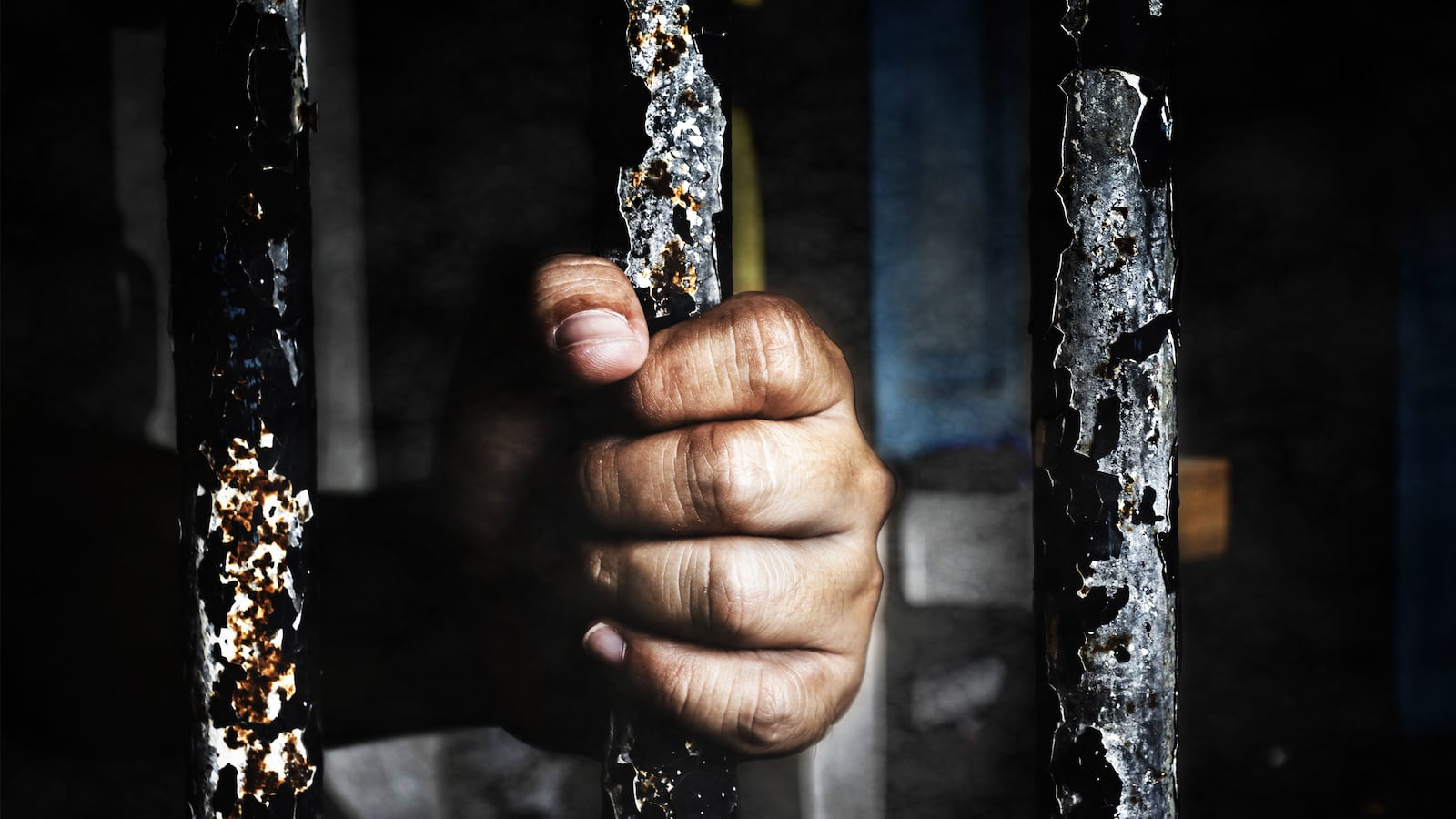It was Catlin Carithers’s day off when he was called into work to help quell a prison riot. That day, May 20, 2012, ended up being the last day of his life.
The 24-year-old was killed by inmates at the Adams County Mississippi Correctional Center, where they were rioting over what they claimed were inhumane conditions, including having just one doctor for more than 2,000 inmates. The inmates at Adams County—all Mexican nationals—had put Carithers on a “black list,” private prison giant CoreCivic acknowledged in a lawsuit filed by the family. The lawsuit was eventually dismissed because Carithers chose to go into work that day, according to a judge’s order, amounting to “wilful conduct” on the part of Carithers.
When Carithers and other guards tried to break up the riot, the inmates surrounded Carithers and beat him to death.
Adams County is one of more than 60 prisons run by Corrections Corporation of America, the largest private prison company, or as it renamed itself in October: CoreCivic. The renaming had nothing to do with a Justice Department announcement that it would end the use of private prisons, but was simply a “culmination of a multi-year strategy to transform our business from largely corrections and detention services to a wider range of government solutions,” the company then said in a release.
At the CoreCivic facility where Carithers died, a recent audit by the Justice Department’s Office of the Inspector General found the company had understaffed the prison. The audit also found:
• For more than a year after the riot, Adams County had less staff than it did the day of the riot. If the Bureau of Prisons had known CoreCivic wasn’t staffing Adams County at proper levels, it could have saved taxpayers almost $2 million in fees paid to the company, according to the audit.
• For more than 400 days between December 2012 and September 2015, just one physician was on hand to tend to the facility’s 2,300 inmates. Fore more than 700 days during that same period of time, there was only one dentist for the entire inmate population.
• Just four of the facility’s 367 staff members speak Spanish despite the fact that everyone locked up in Adams County are Mexican nationals.
In a statement to The Daily Beast, CoreCivic said the inspector general’s method for measuring staff levels “has never been used before and is not based on the contract, the Bureau of Prison’s staffing standards for its own facilities, or general correctional staffing best practices.”
Addressing other issues raised in the report, CoreCivic said:
“Although we continue to work to meet certain requirements, significant progress has been made regarding the recruitment and retention of facility staff and facilitation of communication at the facility, including actively recruiting more Spanish speaking staff. The safety and security of our facilities, staff, and those entrusted to our care is our top priority at Adams and every facility we operate.”
CoreCivic’s stock fell on the news that the Justice Department was moving away from privately-run prisons, but has since rebounded thanks to the election of Donald Trump. CoreCivic and other private prison companies are hopeful that Trump’s promises to lock up and deport more immigrants than ever before will be kept. Trump’s travel ban and other executive orders seems to indicate just that.
Last month, White House press secretary Sean Spicer indicated that America’s immigration detention capabilities would only expand.
“We’re going to create more detention space along our southern border, to make it easier and cheaper to detain [immigrants] and return them to their country of origin,” he said at a Jan. 25 briefing.
That could mean more facilities run by CoreCivic. If past is prologue, that also means more deadly incidents at facilities that immigrant advocates say are unsafe, understaffed, and ill-equipped for the number of inmates they already have.
CoreCivic and its main competitor, GEO Group, benefit from millions of dollars in government contracts to run immigration detention centers across the country. Those facilities include six that were the subject of a detailed report compiled in December by the Southern Poverty Law Center. Unsafe drinking water, lack of adequate medical care, a reliance on solitary confinement as a means to punish inmates, and the use of rubber bullets to break up fights are just some of the allegations made.
The deaths and allegedly inhumane conditions at CoreCivic facilities and other privately run prisons have been well-documented thanks to scrutiny by advocacy groups, government reports, and the media. But for the Carithers family, none of that attention has answered the questions regarding their son’s death.






